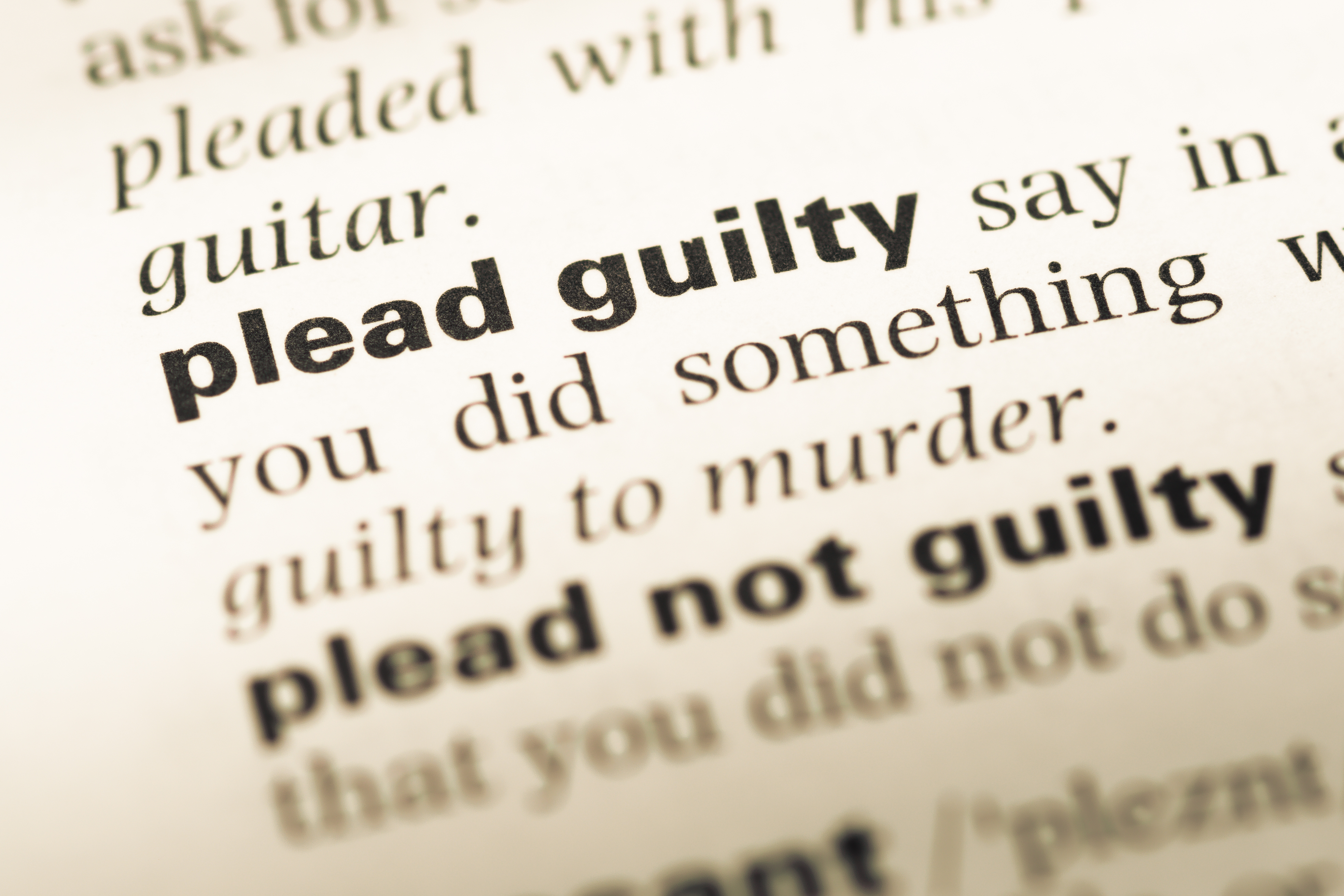I Lied to My Lawyer – Now What?
So you lied to your lawyer. You told your lawyer that you did not stop at a bar on your way home from work, or you forgot to mention that you finished a bottle of whiskey before leaving the house. What should you do? Lawyers wish that clients would own up to their lies immediately – or at least before they step into a courtroom. The problem with lies is that they lead to more lies. Lies to your lawyer do not allow the lawyer to prepare adequately for defending you and limit your chances of success. Imagine a DUI client who...
Continue reading




